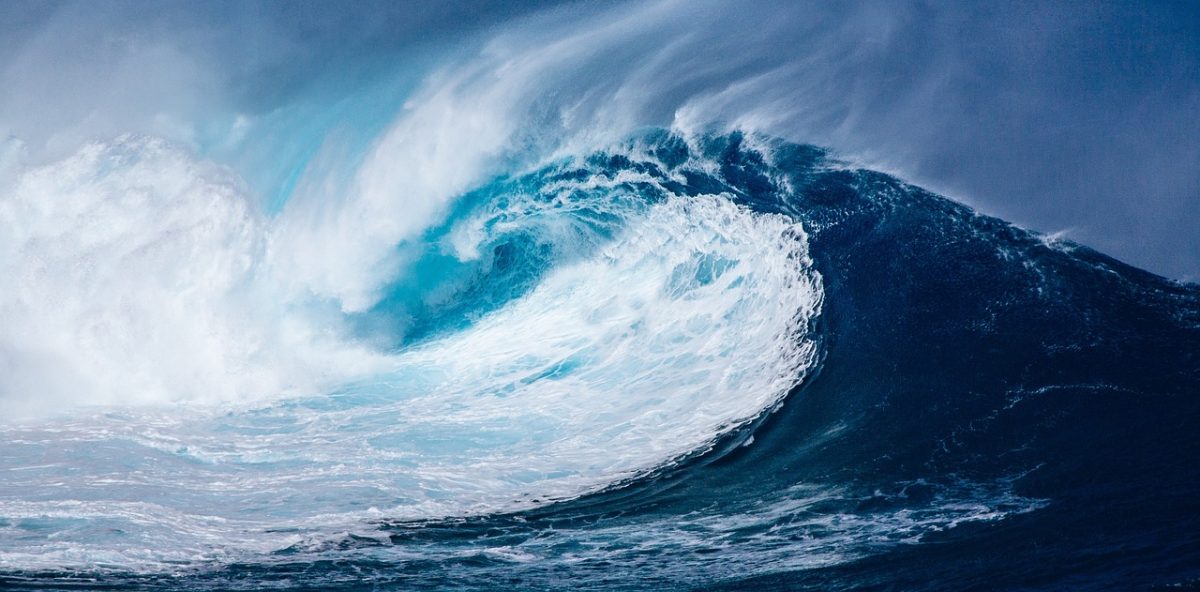Why Oceans and Seas Matter OLD
Why Oceans and Seas Matter
Humankind depends on oceans and seas. From the water you drink to the air that you breathe to the food you eat — all can come from or be transported by the ocean.
About half of the world’s population lives within the coastal zone, and ocean-based businesses contribute more than $500 billion to the world’s economy. Oceans cover around 70 percent of the Earth’s surface. They thus play an important role in the Earth’s climate and in global warming. One important function of the oceans is to transport heat from the tropics to higher latitudes. They respond very slowly to changes in the atmosphere. Besides heat, they take up large amounts of the carbon dioxide emitted by humankind.
Oceans flow over nearly three-quarters of our planet and hold 97% of the planet’s water. They produce more than half of the oxygen in the atmosphere and absorb the most carbon from it.
But despite their importance, oceans are facing unprecedented threats as a result of human activity. Every year, an estimated 8 million tonnes of plastic waste ends up in the world’s oceans. At the same time, climate change is damaging coral reefs and other key ecosystems; overfishing is threatening the stability of fish stocks; nutrient pollution is contributing to the creation of dead zones, and nearly 80 percent of the world’s wastewater is discharged without treatment. Source UN Environment.
























